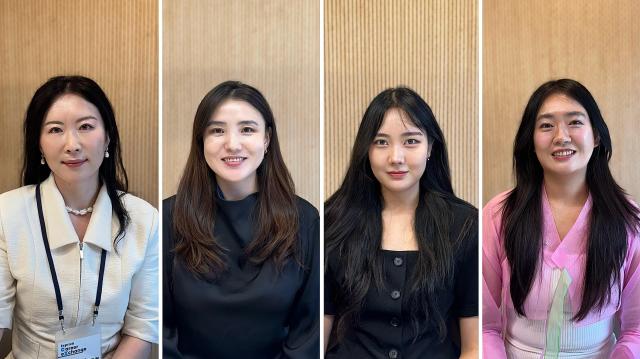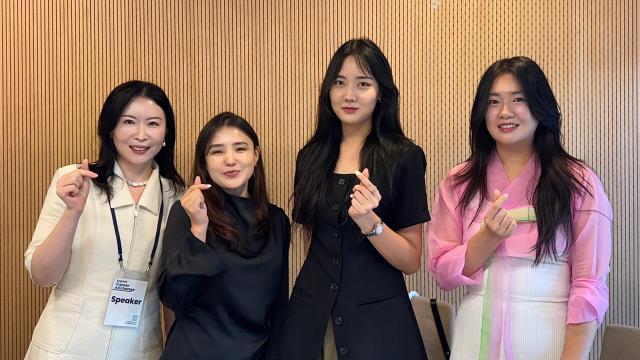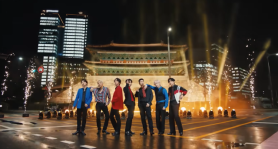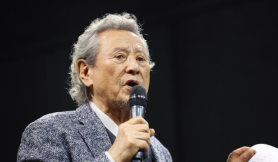
Hosted by Exprivé, a company that connects over 10,000 foreign influencers living in Korea to promote Korean culture worldwide, Saturday's event aimed to help job seekers bridge into local industries and drew a packed crowd. On the sidelines, four Asian panelists from Singapore, Kazakhstan, China and Mongolia sat down with AJP to share what settling here has felt like, what surprised them, and what advice they would give.
Saule, a global marketing manager at beauty startup Eleven Corporation, opened with a simple point about daily life. "In Korea, there is a strong 'do-things-together' culture," she said. "Back home, no one minds if you spend your lunch or free time on your own. Here, people tend to spend that time with the people around them. I’ve almost never eaten alone."
Desmy, who completed an MBA at Yonsei University and now works at Samsung C&T Corporation, recalled awkward comments. "I've been asked, 'Isn't Southeast Asia poor? Is Singapore also part of that?'" she said. "There was no obvious bad intention, but the way some people think and view the world or other countries felt very narrow."
Tsolmon, a University of Seoul graduate who now coordinates hospital programs at Exprivé, also shared a similar experience. "Some people are very kind to English-speaking foreigners but behave differently toward other foreigners, especially toward non-English-speaking Asians," she said. "When I interviewed for a part-time job at a café while in college, I was told, 'If customers ask whether you're a foreigner, say you're Korean because you look similar, but don't say you're Mongolian.'"
Anna, a senior sales manager at the Four Seasons Hotel in Seoul who studied business at Sungkyunkwan University, pointed to the problem of Korean society's intense competition, especially in the job market in Seoul. "In China, even if it's not Beijing, you have other options in other cities," she said. "In Korea, so much is concentrated in Seoul that everyone wants to settle down here, and the competition is very severe. There's also a feeling that you should be 'perfect' in everything—your career, your appearance, and, if you are married, housework and childcare."

All four said visas and paperwork are a major hurdle for foreigners who want to settle down in Korea. "Many students study really hard and try hard to stay," they said. "But strict visa conditions can lead to trouble, such as working without proper papers or staying without permission." They also pointed out the problem of some companies that exploit desperate foreigners who want to stay in Korea. "Some treat the minimum salary for a work visa as the most they need to pay, saying, 'There are plenty of other foreigners who would take this job at this wage to stay in Korea. If you don't take this, someone else will.'"
They further described problems at immigration offices. "Western foreigners often receive friendly service in English," they said, "while people from Southeast or Central Asia are told to speak Korean—or addressed in very casual Korean that can feel disrespectful. This is often cited as a discriminatory experience by foreigners from those countries."
Still, they stressed what they have learned here: be on time, respect others, and use gentle, considerate language. Tsolmon said she has developed the habit of using polite words in nearly every situation. Desmy added, "People say I've become calmer after living in Korea."
They also advised newcomers on what they could learn from Korean society. "It is true that Korean society can feel difficult to settle into and highly competitive," they said. "But what we can learn from adapting here is that people here are always looking for ways to improve themselves and are working hard for the future. In such an environment, we push ourselves too, and we can see that we are improving and becoming better versions of ourselves day after day."
Copyright ⓒ Aju Press All rights reserved.




